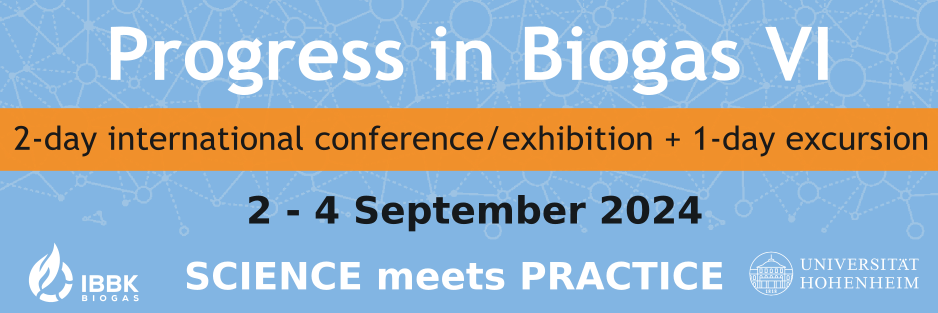Clearfleau completes commissioning of new AD plant for Diageo
Clearfleau, a UK-based provider of on-site anaerobic digestion (AD) solutions for food and beverage companies, has handed over its latest bioenergy plant at Diageo's Glendullan distillery.
The Glendullan plant, which was visited by Scotland Office Minister Lord Dunlop on 13 August, optimises energy output using co-products from the distillation process. The project involved close collaboration between Clearfleau's in-house design, installation and commissioning engineers, their counterparts from Diageo and an extended supply chain.
Following the 2013 completion of an initial high-rate digestion facility at the Dailuaine malt distillery (also in Speyside), Diageo commissioned Clearfleau to build a second facility. The Glendullan plant is very similar. It receives feedstock from other distilleries in the Dufftown area, fed to the plant in a recently completed pipeline reducing local truck movements.
Initial results indicate the Glendullan bioenergy facility is generating 2 million m3 of biogas per year – producing about 8,000MW hours of thermal energy for the distillery, based on processing up to 1,000m3 of distillery co-products on a daily basis.
Clearfleau's on-site AD technology converts a range of co-products into biogas that generates renewable heat for use in the distillation process while reducing a major overhead, its co-product disposal costs. Clearfleau's liquid anaerobic digestion system can achieve a reduction in COD load of greater than 95%, minimising additional treatment required for discharge of cleansed water to the river Fiddich. The facility will also reduce the site's fossil fuel based energy costs.
Engineering challenges involved developing a plant able to handle higher strength materials such as pot ale, as well as the variability of strength and volume of feedstock being fed to it. They also included the location of the plant on a sensitive location in a valley adjacent to the river Fiddich and achieving the complex water course discharge standards.
Commenting on the second contract from Diageo, Craig Chapman of Clearfleau says: 'This project ... shows how British technology can enable a traditional but energy intensive Scottish business sector to embrace the circular economy, reduce its costs and create a more sustainable basis for production. However, wider adoption of this technology requires on-going support for renewable energy. The Scottish and British Government should be working together to support the development of indigenous renewables technologies and their adoption in a range of industry sectors, helping to deliver our long-term sustainability targets.'























